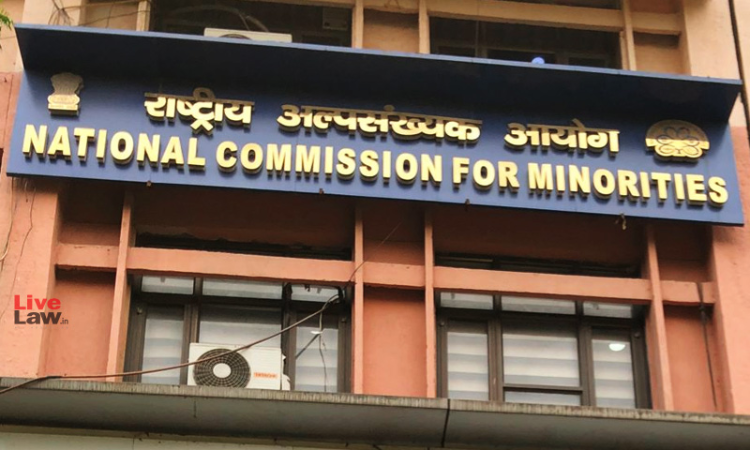Plea In Supreme Court Challenges Notification Of Muslims, Christians, Sikhs, Buddhists, Parsis & Jains As Minorities At National Level; Seeks District-Wise Identification
LIVELAW NEWS NETWORK
4 Jun 2022 12:49 PM IST

Next Story
4 Jun 2022 12:49 PM IST
